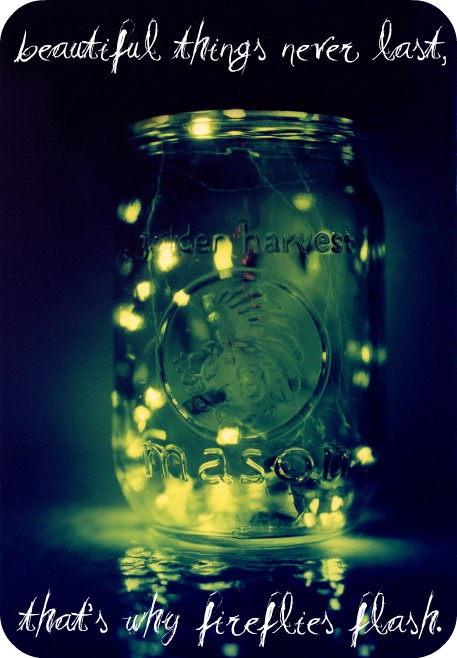"You mean with you?"
"No, I didn't mean with me."
"Before the trial I never thought about the past. I never had to."
"Now. What do you feel now?"
"It doesn't matter what I feel. It doesn't matter what I think. The dead are still dead."
"I wasn't sure what you'd learned."
"Well, I have learned, kid. I've learned to read."

It's actually a pretty heavy combination when you look at each element of the story: a dark secret, the holocaust, a forbidden affair, and an inevitable suicide. The gloomy air of German landscape blends well with the haunting shadows found in the characters. I read the English translation of the novel a couple of years ago. After watching the movie, I still think it's one of the saddest stories I've ever known, yet one of my favorites.
The holocaust is too much of a cruel historical episode to be "used" to describe something, but I felt it was almost like a prop used to depict the complexity of human nature. I think I felt a bit differently when I read the novel. The impression I got was maybe a bit more holocaust centered; it had a stronger color of atonement - something that was to be passed on from generation to generation. And overall, it was a story that offered an explanation (rather than an excuse) of how ordinary people were able to do extraordinarily dreadful things.
In the film, however, the theme of shame/humiliation and moral sense, and maybe dignity stood out more. It reflected the emotions that lies within us all, and the character of Hanna (or Kate Winslet's performance) grasped my heart. No one could justfy what she did. And yet I was moved with sympathy, perhaps because her secret she found so shameful explained it all.
If Michael had revealed the fact that she was illiterate, that would've saved her from a life sentence but would've destroyed her dignity. And he couldn't do that to a woman who had taken his innocence and in turn had given him the most passionate summer in his life. I wonder how much his life would've changed if that memory had stayed as a memory - Hanna always being the capricious thirty year old who took him in her arms.
The part where Michael sends tapes to the imprisoned Hanna is just... overwhelming. But there's also something hopeless about the "reading", and it's not at all a simple heart-lifting moment when Hanna, with the tapes and a book, finally learns to read her first word. It's even almost heartbreaking when Michael recieves a handwritten letter from her.
Had there been a way for Hanna to be forgiven? To me, it seemed like she was looking for some kind of chance to be saved when she met Michael at the canteen - as if she expected that he would not define her by her mistake. It looked like she still had things to say when he left her, except that she didn't know what or how to say it. She almost looked like a child at loss, abandoned by her father.
In the end, I guess it's sometimes the smallest things like a single secret or a summer's first love that become the biggest things in our life.
On a side note, the Japanese title of this film/novel is 愛を読む人 which literally means "the person who reads love". It sounds kind of sentimental in English, but I like the depth it has in Japanese.




